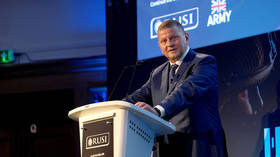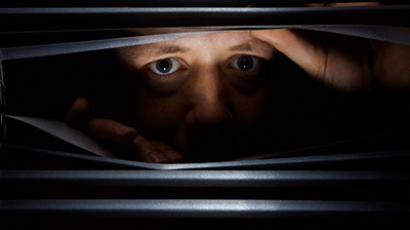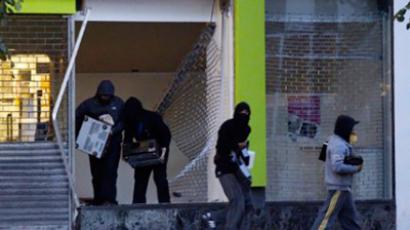London police hungry for unpublished riot footage
London Metropolitan police have reportedly urged British media outlets to hand over footage of the riots that swept the capital in early August voluntarily, without recourse to official procedures.
Police say the images could help them identify criminals, and have vowed to obtain the footage through court action if the broadcasters and newspapers do not comply. Officers have been approaching media corps privately, appealing to their sense of social responsibility. According to the Guardian newspaper, the police want to get their hands on all the material British newspapers and broadcasters have shot, regardless of whether the material has been published or not. The outlets are resisting these calls, despite the fact that they were first voiced by Prime Minister David Cameron. In one of his statements following the riots, Cameron said that that media had a "responsibility" to release footage and help police track down the rioters and looters. British media giants such as ITN and the BBC reacted immediately. An ITN spokeswoman said if any request of this nature should come from the police, they “will deal with it as per our established practice for handing over unbroadcast material."The media’s reluctance to hand over material cannot be automatically ascribed to a lack of social responsibility, observers say. The Sun newspaper, among many others, has been publishing images of the August looters carrying their trophies. The picture quality would allow the police to identify those people. Over 2,000 arrests made in London in connection with the riots were in many cases based on this evidence. But to obtain any of the unpublished media material, an order must be provided by a judge, in accordance with the UK Police and Criminal Evidence Act 1984. The judge is supposed to weigh the interest of the police in obtaining such evidence with the public interest, which includes the public’s right to a free press. Tensions over media credibility and freedom in Britain have been high on the agenda ever since the Murdoch phone hacking scandal peaked in July. The scandal put the issue of privacy under the microscope, putting the British public in no mood to welcome the realization that the media could be pressed into service as the evidence-gathering arm of the country’s police force.
Investigative journalist Tony Gosling fears the UK may be turning into a police state, warning against Prime Minister David Cameron pressuring the media to hand over all footage to state investigators.“If police want to get information from the media, they have to ask,” Gosling told RT. “But we see increasingly, since this new Conservative Party has come to power in Britain, that the police are not doing that. They act almost like they are above the law. They have got 40,000 hours of CCTV footage to go through. And it seems to me they are getting bored with that and are trying to co-opt the press in Britain [into being] evidence gatherers for the police.” That would be a disastrous development, said the journalist, as there already have been instances when crowds nearly lynched reporters after mistaking them for police spies.














